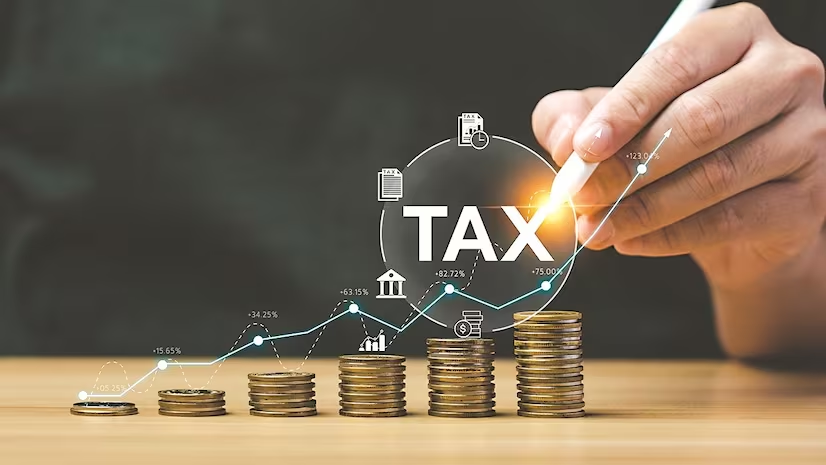In the intricate landscape of taxation, understanding and navigating legal frameworks can be daunting. However, within this complexity lies a potent tool for taxpayers: constitutional pleas. These pleas, grounded in fundamental rights enshrined within the constitution, offer a pathway to challenge tax provisions or actions deemed unconstitutional. Constitutional pleas draw strength from various articles of the constitution, notably Article 14 guaranteeing equality before the law, and Article 19 upholding the right to freedom Of trade and profession. These provisions serve as pillars for challenging tax laws or actions that discriminate unjustly or impede economic activities. For instance, taxpayers can challenge differential tax treatment between entities or restrictions on trade activities under these articles. Illustratively, consider a scenario where a state imposes a tax disproportionately burdening small-scale entrepreneurs, Affected taxpayers can mount a constitutional challenge, citing Article 14 to demonstrate the arbitrary nature of the tax scheme. By showcasing the discriminatory impact, they seek relief by urging the court to Strike down the provision as violative Of their fundamental right to equality, Furthermore, constitutional pleas extend to Article 21, guaranteeing the right to life and personal liberty. Tax provisions encroaching upon this right, such as excessively punitive measures, can be contested under this article. Taxpayers may invoke Article 21 to challenge tax laws imposing disproportionate economic hardships, infringing upon their dignified life. A significant case, Suguna Cutpiece Vs Appellate Deputy Commissioner, exemplifies this. The court held that cancellation of GST registration without sufficient opportunity of being heard infringes upon rights granted by various constitutional articles. Courts have also held that even if the time limit to file an appeal lapses, registration may be reinstated since such cancellation violates fundamental rights to carry on Trade. In practice, success varies, influenced by legal interpretation, precedents, and factual complexities, While some challenges yield favourable outcomes, others may face judicial scrutiny. Nevertheless, empirical data suggests notable success rates, with many cases resulting in judgments favoring taxpayers. In conclusion, constitutional pleas Offer a potent avenue for asserting fundamental rights and challenging arbitrary tax provisions. By invoking relevant articles of the constitution and presenting compelling arguments, taxpayers can seek redressal for infringements on their rights. While success rates fluctuate, the recourse to constitutional remedies underscores the judiciary’s vital role in ensuring a just and equitable tax regime.
JUDGMENTS IN FAVOUR OF THE TAXPAYER
Commissioner of Wealth Tax vs. Chander Sen (1986):
Supreme Court ruled in favour of Chander Sen, declaring discriminatory provisions unconstitutional, reaffirming the guarantee of equal treatment under the law.
State of Karnataka vs. Krishnaraj (2005):
High Court upheld Krishnaraj’s plea, emphasising safeguarding individual liberties against arbitrary governmental interference in taxation.
Union of India vs. Ram Prasad (1993): Supreme Court recognized disproportionate penalties as violative of fundamental rights, ensuring tax measures are proportionate and reasonable.
Maheshwari Enterprises vs. State Of Maharashtra (2010):
High Court upheld constitutionality of tax scheme, highlighting nuanced interpretation of equality principles.
Vijay Singh vs. Union of India (2008): Supreme Court upheld constitutionality of tax provision, balancing individual rights and state interests in taxation policies.
Published in TPA Indore News Letter






